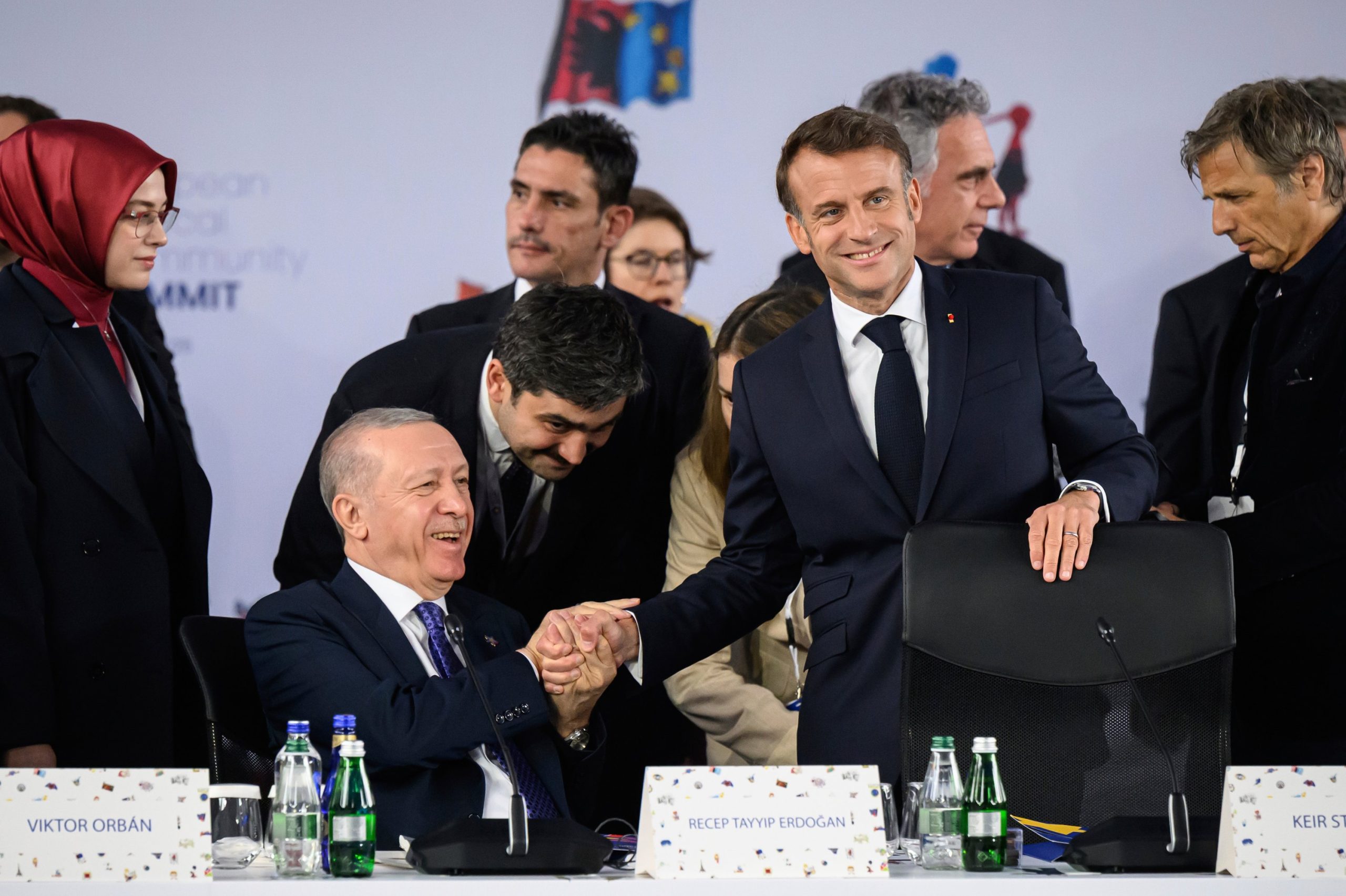Israel has prevented a planned diplomatic visit by several Arab foreign ministers to the occupied West Bank, a move that has prompted condemnation and heightened diplomatic tensions in the region. The visit, organized to demonstrate support for the Palestinian people, was expected to include high-level representatives from Jordan, Egypt, and other Arab League member states.
According to Palestinian and Arab diplomatic sources, the ministers were scheduled to travel to Ramallah to meet with Palestinian Authority officials and visit areas affected by Israeli military operations. However, Israeli authorities denied entry permits and access through checkpoints necessary for the visit to proceed.
The Palestinian Ministry of Foreign Affairs condemned the decision, calling it a “deliberate obstruction of international diplomatic engagement and an affront to Arab solidarity with the Palestinian cause.” A spokesperson said the move was a “clear indication of Israel’s intent to isolate the Palestinian leadership and prevent the world from witnessing the situation on the ground.”
Israeli officials have not publicly commented on the reasoning behind the decision but have previously cited “security concerns” in similar cases. Government sources speaking to Israeli media claimed that the presence of foreign ministers in sensitive areas could lead to heightened tensions or clashes with settlers or military personnel.
The blocked visit was intended to coincide with renewed regional diplomatic efforts to pressure Israel to ease restrictions in the West Bank and halt military actions that have intensified since the beginning of the Gaza conflict in 2023. Several Arab states have also been advocating for an emergency session of the Arab League to address the growing crisis.
Jordan’s Foreign Minister Ayman Safadi expressed deep regret over the obstruction, stating, “Denying access to Arab foreign ministers is an affront to regional diplomacy and a violation of basic diplomatic norms. The world must take note of Israel’s unwillingness to engage constructively.”
Egypt’s Foreign Ministry also issued a statement calling the move “a grave setback to efforts aimed at regional dialogue and peace,” and reiterated support for Palestinian rights and the establishment of an independent Palestinian state with East Jerusalem as its capital.
The planned visit came as part of broader international concern over the humanitarian situation in the occupied Palestinian territories. UN officials and rights groups have reported increased settler violence, expanded military raids, and restricted mobility for Palestinians across the West Bank, particularly in Jenin and Nablus.
In recent weeks, several international delegations have attempted to access the West Bank, but Israel has maintained tight control over movement, citing the volatile security environment. Critics argue that these restrictions are being used to shield Israel from international scrutiny amid growing allegations of human rights violations.
Palestinian Authority officials in Ramallah said the foreign ministers would attempt to reschedule the visit, possibly through Jordan or via diplomatic missions. The Palestinian leadership urged the international community, especially the European Union and the United Nations, to respond to what they called “Israel’s systematic obstruction of diplomatic outreach.”
The incident also highlights the growing rift between Israel and Arab nations that have normalized relations under the Abraham Accords, with several states now openly expressing concern over Israel’s handling of the conflict in Gaza and the West Bank.
As the Gaza war drags on and West Bank tensions escalate, the diplomatic standoff underscores the difficulties faced by regional actors trying to reassert influence and advocate for Palestinian rights through formal channels. Observers say the blocked visit is likely to further erode Israel’s relationships in the region, particularly with countries that have attempted to balance engagement with both Israel and the Palestinian Authority.
Source; Al Jazeera


